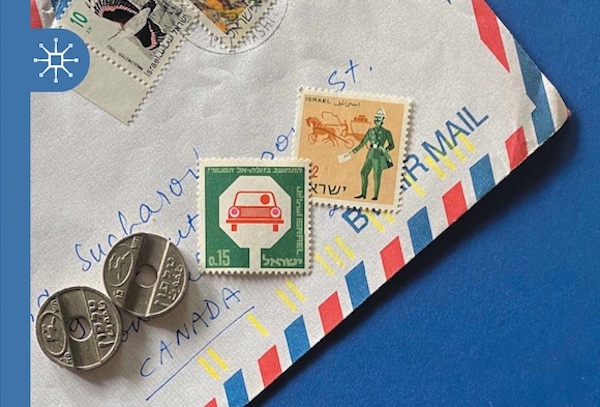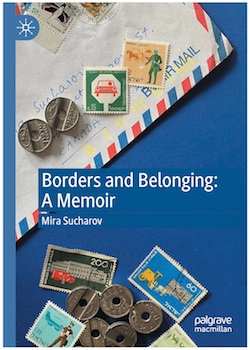I don’t know what the reason is, but I note a change in my attitudes, ideas and emotional makeup. Could it be my advancing age, or was what I’m feeling always there, hidden under the impedimenta of getting through life?
We all start out, when getting on our feet, stumbling about – in choosing our direction, determining a focus, finally forging the path or paths that will be the ones we follow through most of our lives. Our background cannot help but be important in that process and, for some people, it is the essence of who they are. For me, I never felt it was of much matter.
These days, however, as I advance toward the final curtain, with a burgeoning altered perspective, I become more and more certain that I am all about what I was when I started. This may mean nothing to so many of you out there who have re-made yourselves into the images of what you wanted to be, rather than that what you were, but this seems to be the truth for me. I am extremely conscious of this because I had a spouse who totally remade herself into what she wanted to be by conscious effort, but I find now that that was not to be for me.
I know that I am being arbitrary by appropriating the “chicken soup” theme as an ethnocentric symbol of my Jewish background. Surely it is available and present in the culinary arrays offered by so many cultural groups. Nevertheless, I have seized on it because of what it means to me and to so many of my co-religionists. How often was it a centrepiece of the Sabbath meal, when chicken was the only meat offering even in a spare week’s diet, in the shtetl and on the tables of recently arrived immigrants in the “new world”?
For me, no matter how important the item was in the diet, making the sparse stretch so much further, it has a context for me that goes much further, even beyond its important role as “Jewish penicillin.” For me, it speaks of home and hearth. For me, it speaks of a mother’s love for her children, her family and her home. It speaks to me of taking something small and making it into something big that had ramifications for a person all of their lives.
For many us, our lives are shaped by the happenstance of our early experiences. Child psychologists can confirm that the impressions we absorb in our early days can have important implications for the people we become in our later years. I believe that one of the important things parents can offer their children is to provide evidence to them of unconditional love. We absorb that into the essence of our beings unconsciously and it can set us up well for life.
Chicken soup speaks to me of unconditional love. Whoever we are, whatever it is, that love can impart a sense of self-confidence that can otherwise take years of positive experience to generate. It can give us the strength to try, and fail, and try again and again until we succeed, or choose to move on.
For me, the humble chicken soup speaks of that unconditional love. For me, in the Jewish home of my upbringing, that was the message I received. So, now, after many decades of pursuing a life in nonsectarian environments – for the most part, a Jew among non-Jews – I trace back my capacity to arrive and thrive, to the original environment from which I drew my strength.
Am I being too ethnocentric? Surely, working in an environment that was much more merit-based than the one my grandfather and father were born into made an enormous difference? All too true! And yet, for me, I feel the difference of how I grew up.
Whatever your background, from where do you draw the drive that powers you through life? Mine leads back to chicken soup.
Max Roytenberg is a Vancouver-based poet, writer and blogger. His book Hero in My Own Eyes: Tripping a Life Fantastic is available from Amazon and other online booksellers.


